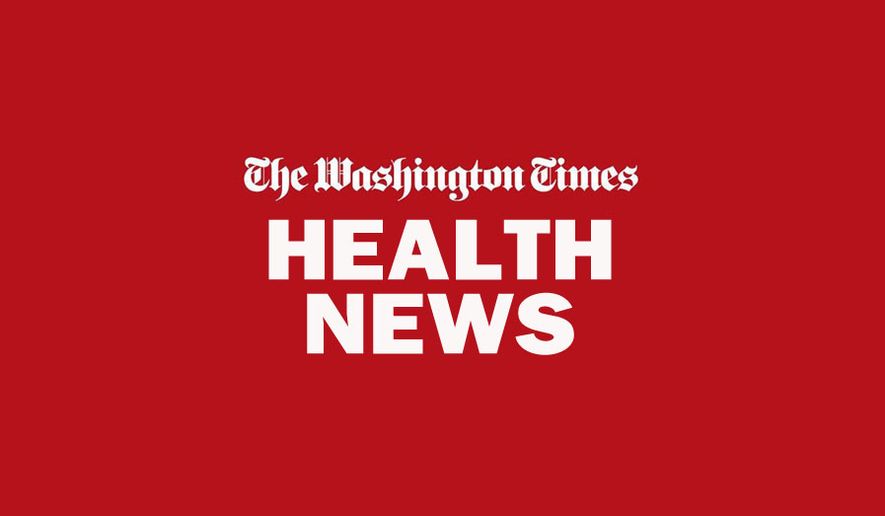Generation Z, the newest cohort of 18- to 22-year-olds in the U.S., are the loneliest generation and claim to be in worse health than older adults, according to a new survey on the epidemic of isolation in America.
Millennials, those aged 23 to 37, also reported high rates of loneliness compared to other groups, according to the survey which was conducted by Cigna Health Insurance and released Tuesday.
Researchers surveyed 20,000 adults using the University of California, Los Angeles Loneliness Scale, which has respondents rate how closely they feel about 20 specific statements. Scores are tallied ranging from between 20 to 80, with 43 or higher indicative of loneliness.
Generation Z respondents had an average loneliness score of 48.3 followed by millennials at 45.3. This number declined as age increased, with the “Greatest Generation,” adults, age 72 years or older, being the least lonely group with a score of 38.6.
Poor emotional health, such as feelings of isolation, can have physical repercussions and can even lead to an early death.
Among respondents, key social behavior patterns emerged that were predictive of increased feelings of loneliness. These included less frequent and meaningful in-person interactions; spending less time with family and the feeling of having poor social skills or relationships.
“In analyzing this closely, we’re seeing a lack of human connection,” David M. Cordani, president and chief executive officer of Cigna, said in a statement.
The researchers highlighted that social media use alone was not a predictor of loneliness, with respondents defined as heavy social media users having a loveless score of 43.5 and those who never use social media scoring 41.7.
However, recent and rigorous research by social scientist Jean Twenge on teens and depression found a positive association between increased time on social media and increased feelings of depression and thoughts of suicide.
“Some of these surveys are a little slanted,” said Dr. Tiffany Field, director of the Touch Research Institute in the Pediatrics Department at the University of Miami School of Medicine.
“I can imagine people saying they don’t use social media that much because they don’t want to attribute their own loneliness to their use of social media.”
On average, about half of respondents scored high feelings of loneliness with 54 percent saying they “always” or “sometimes” feel like no one knows them well, 46 percent reporting sometimes or always feeling alone and 47 percent feeling left out.
About 6 in 10 respondents (59 percent) said they “always/sometimes” feel that their interests are not shared by those around them.
Striking a balance on lifestyle factors were also seen to be a high predictor of reported feelings of loneliness. People who strike the “just right” balance of time with family, physical activity and sleep reported low scores of loneliness.
Respondents who had too much or too little of any of these activities had higher reported scores of loneliness.
“We view a person’s physical, mental and social health as being entirely connected,” Mr. Cordani said. “It’s for this reason that we regularly examine the physical, mental and social needs of our people and the communities they live in.”
Work life balance also influenced a person’s loneliness scale, with those who worked more than, or less than desired, reporting higher scores of loneliness compared with those who have just the right amount of work, 45 and 48 compared to 41.9 respectively.
Those gainfully employed and retirees also reported less feelings of loneliness compared with homemaker, students and those forcibly unemployed.
“There is an inherent link between loneliness and the workplace, with employers in a unique position to be a critical part of the solution,” Dr. Douglas Nemecek, chief medical officer for Behavioral Health at Cigna, said in a statement. “Fortunately, these results clearly point to the benefits meaningful in-person connections can have on loneliness.”
• Laura Kelly can be reached at lkelly@washingtontimes.com.




Please read our comment policy before commenting.